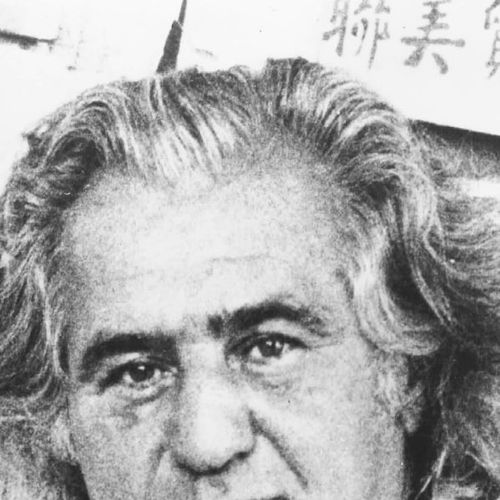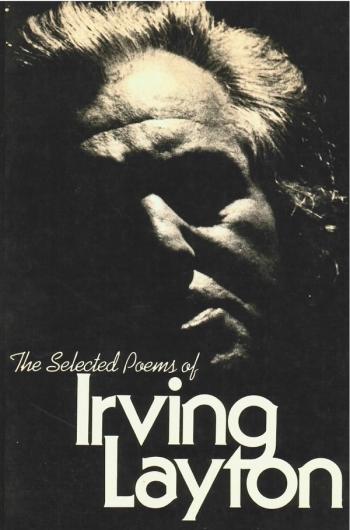”What else are you going to say about a man whose work you wholeheartedly admire than that he is a good poet?" said William Carlos Williams over twenty years ago, introducing one of the thirty volumes of Layton’s poetry to appear in Canada in as many years. The Selected Poems of Irving Layton contains a retrospective of fifty poems with an introduction by the noted critic Hugh Kenner, and is intended to present Layton to an American audience that has been sadly unaware of the “poetry explosion” in Canada in recent years and his part in it. Eli Mandel, who edited the volume, comments: “Out of the large body of his work, this selection seeks to make available in an accessible form poems that will tell why Irving Layton remains one of the most powerful, accomplished, and controversial poets writing in Canada today.” Born in Romania in 1912, the infant Izzy Lazarovitch (later Irving Layton) moved with his family to Montreal, where his early experiences of prejudice helped hone his own brand of muscular Judaism to a sharp satirical edge. From the first Layton has deliberately placed himself in the center of controversy: in the 1940s for his advocacy of sexual freedom, later for his pro-Americanism, and more recently for his attempt to reclaim Jesus for the Jews. And in his public appearance, Layton has taken the role of poet as entertainer, risking ridicule for the salvation of his fellow men, a role that is a direct outgrowth of his central poetic principle, “Whatever else poetry is freedom.”

